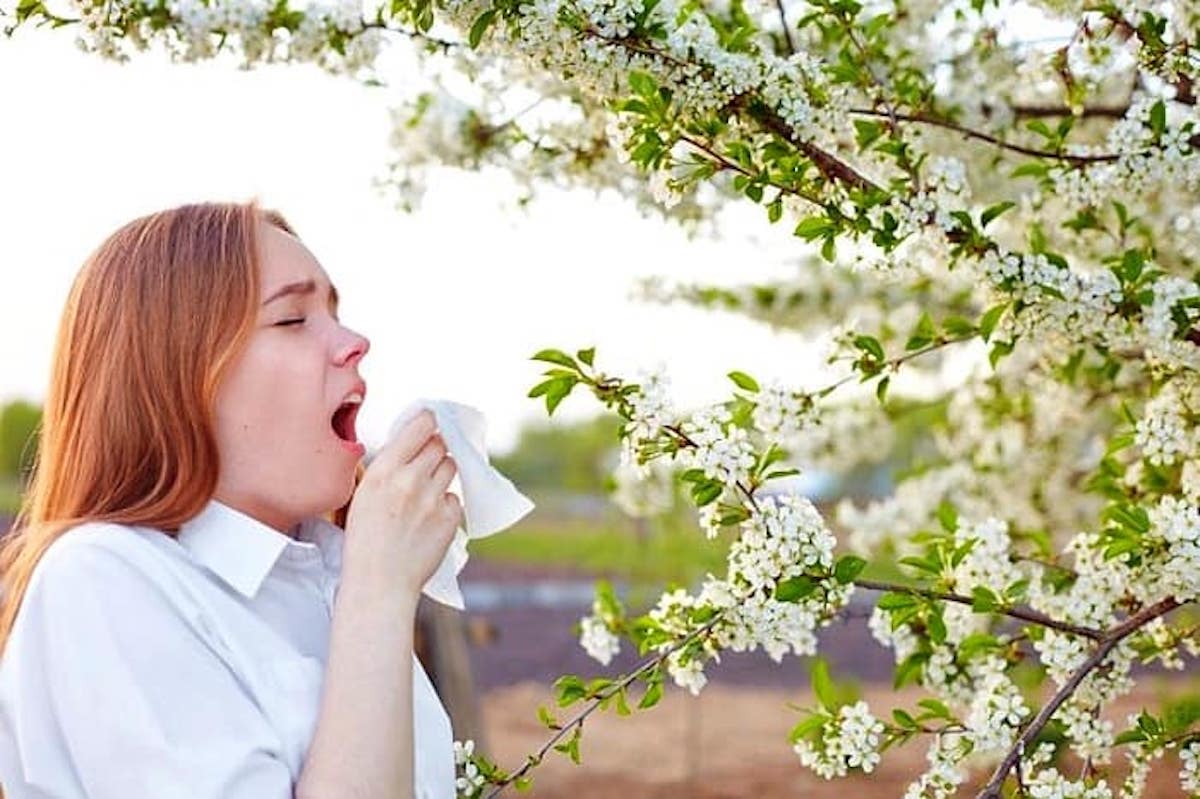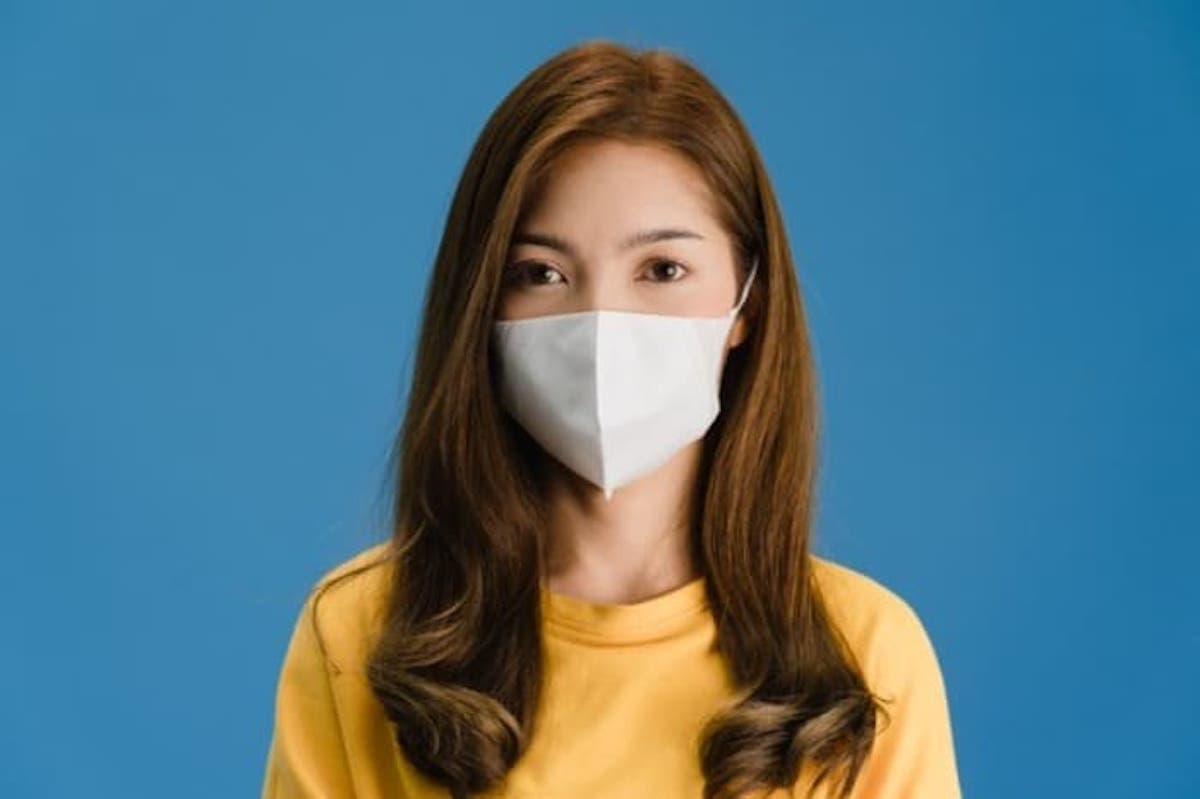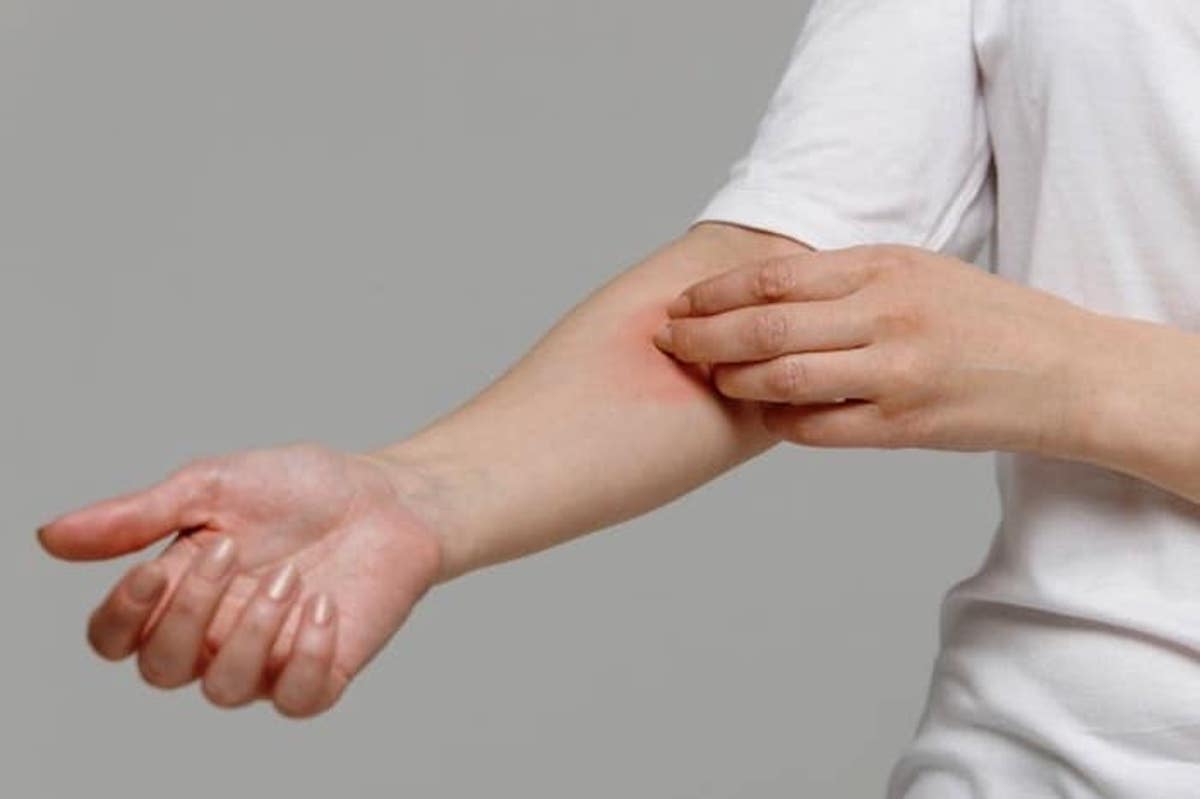Diagnosis and the most effective home remedies!

Fall allergy: When it comes to allergies, most people think of spring. Usually, allergies are more in this season and the reason is the blooming of flowers. You may feel these allergies in early autumn.
The weather in autumn is such that these allergies increase. Allergies may remain in a person's body for a long time and even after the season ends. Autumn allergy, if not treated like other allergies, can cause sinus infections and asthma in a person. In this health article, we discuss autumn sensitivity and its treatments.
Read more: The new flu: If you have this symptom, you have undoubtedly caught the new flu!
What are the types of autumn allergy and the causes of autumn allergy?
Pollinators
Pollinators are one of the most common causes of seasonal allergies in the fall season. Almost 75% of people who have allergies in the fall and spring season, think that pollinators are the cause.
Autumn sensitivity, pollination starts almost at the end of summer and can continue until November, and it all depends on how hot the air is. Pollens in the air can reach a person thousands of kilometers and it does not matter where you live.
You may also like: Bad Cholesterol: These Foods Kill High Cholesterol!
mushroom
Another cause of sensitivity in the fall season is that the moisture in the air is lost, which causes the fungi to remain on wet leaves. Usually, if you are in too much contact with autumn leaves, the possibility of entering these allergies increases.
Dust and moisture in the air act as a filter for pollution, but dry air like autumn air increases dust. Insects also increase in it, and this is the cause of many autumn allergies.
Symptoms of autumn sensitivity
Autumn allergy, the symptoms of autumn allergy are often different from the allergies of other seasons, and the common symptoms are:
Itchy nose and eyes
watery eyes
runny nose
cough
Read more: Properties of pomegranate for fatty liver: How much pomegranate juice is effective for treating fatty liver?

You might also like: 7 Reasons to Eat Pumpkin During Cold and Flu Season
Other symptoms of autumn allergy
Lung problems such as asthma
Itchy mouth and back of the throat
Pimples in the abdomen
diarrhea
In more severe cases of anaphylaxis
Skin hives
Excessively dry skin
itching
eczema
Read more: If you don't eat this meal, your heart will get sick!
When should we see a doctor?
Fall allergies Sometimes fall allergies can be mistaken for a cold. In this case, it is better to visit a specialist to find out if you have an allergy or a cold. Children four years and older can show allergy symptoms.
You can see the signs of allergy in them at this age and prevent allergies, but it will be a little more difficult for babies to distinguish allergies from colds. They cannot take allergy medicine.
Be sure to take your baby to a specialist doctor if you see signs of allergy. Children with asthma or skin eczema are more vulnerable to seasonal allergies, and children who inherited it from their families are more likely to develop allergies.
You may like: eating pomegranate is strictly forbidden for these people!
Important points about autumn allergy control and prevention methods
The good news is that you can reduce the symptoms of fall allergies. In this part of Namanak health, we will explain some tips through which you can make these symptoms as mild as possible:
Read more: Fix constipation with Boali Sina's recipe!
– Start taking anti-allergic drugs.
If you are a person who suffers from autumn allergies, you should start taking anti-allergic drugs before the onset of symptoms and the arrival of the autumn season, which will suppress the allergy in the body, and of course you should take the drugs under the supervision of a doctor. .
You might also like: This edible seed contains 7,000 times more omega-3 than fish!?
Wash your hands regularly with soap and water.
Fall allergies, pollens, and allergens are everywhere, so it's best to wash your hands regularly to prevent the spread of these allergens. You should never rub your hands on your eyes and nose and you can even take a shower every night to remove allergens and pollens.
– In the car and at home, expose yourself less to allergens.
Stay indoors as much as possible and roll up the windows when you're in the car to keep allergens out.

– Vacuum.
Autumn allergy, don't forget to vacuum continuously and go to the doctor if the allergy symptoms remain, and until your cough, sneeze and itching do not disappear within two weeks, you must visit the doctor again and get tested. give allergies
You may also like: Air pollution tea: The best herbal anti-air pollution tea in autumn and winter!
– Check your clothes.
When you go outside in the fall, you should try to wash your clothes after returning home, and also wear gloves, hats, and sunglasses when you are outside so that allergens have less time to be on your skin. Have your skin.
Do not hang your clothes outside the house.
As the weather dries out, people tend to hang clothes outside, but you should refrain from doing so. Placing clothes outside increases the possibility of allergens entering them.
– Avoid going to the park.
Flower pollen, dust, and fungi on trees and leaves are the factors that aggravate allergies, so avoid going to parks and gardens.
– Avoid nervous tension and stress.
Autumn sensitivity, anxious people with high nervous pressure are more prone to illness because stress and nervous pressure damage the ability of the immune system to function, so stay away from any nervous pressure and stress that reduces your energy mentally and physically.
Other useful tips for preventing fall allergies
Use a humidifier and keep the atmosphere of the house humid.
Use suitable moisturizing creams and lotions.
Eat healthy foods and fresh fruits and vegetables.
Drink plenty of water.
Do not stay in environments contaminated with cigarette smoke and avoid allergens.

How does a doctor diagnose allergies?
Fall allergies, when you go to the doctor, he will first ask you about all the symptoms and then he will also check your medication history and may also take a skin test.
After finishing these tasks, some allergen and sensitizer will be applied to your skin, which is usually the skin of the lower back.
A doctor can also find out a person's allergy with a blood test.
How can allergies be treated?
Fall allergies, nasal steroid sprays can reduce nasal inflammation.
Antihistamines can also prevent coughing, sneezing and itching.
Decongestants can also eliminate inflammation of the nose and throat.
There are many other anti-allergy medications that are used for seasonal allergies, but it is best to use them all under the supervision of a doctor.
Read more: Natural flu treatment: 8 best teas for flu treatment!







